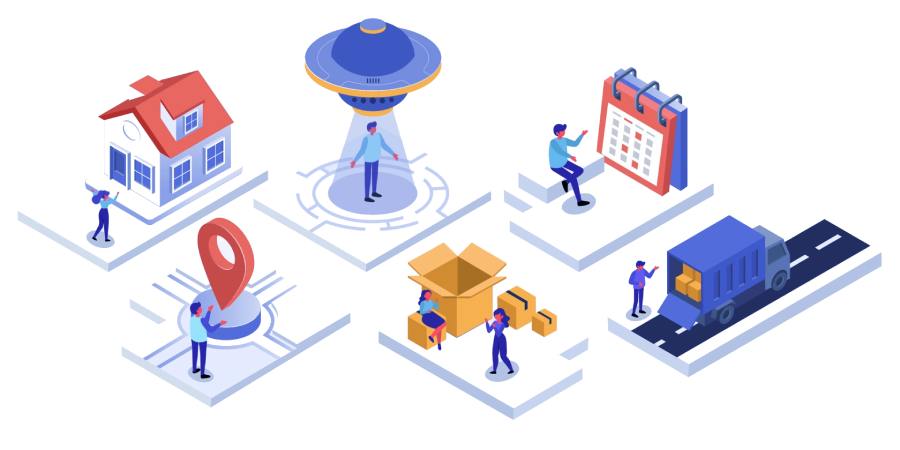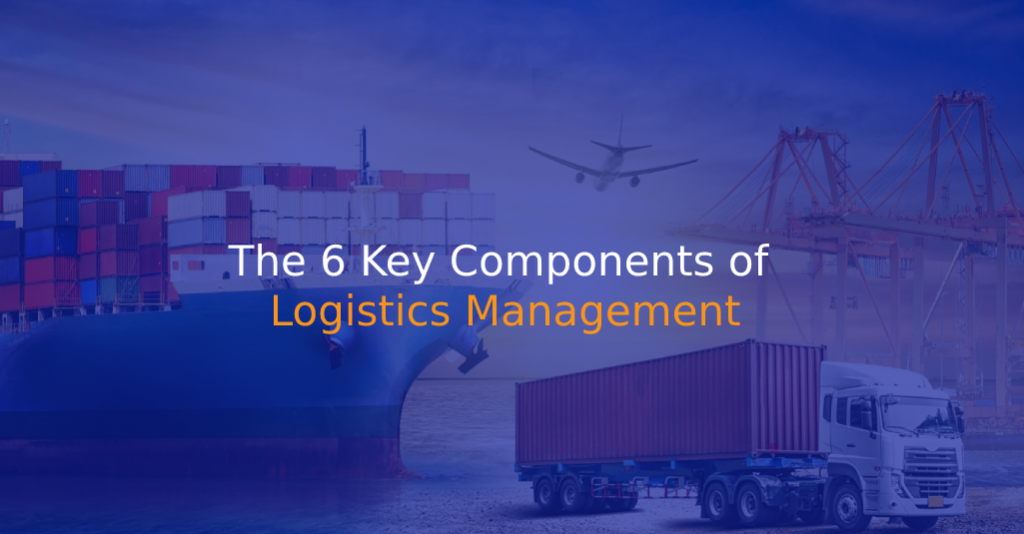What is Logistics Management?
Logistics management is recognized as an essential component of the supply chain since it covers tasks such as planning and managing the delivery of commodities from point of origin to the ultimate destination. It is a component of supply chain management (SCM), which includes product packaging, materials handling, storage, inventory, and other services. As a result, knowing the critical components of logistics management is critical to ensuring the smooth functioning of the overall supply chain activities.
What are The Important Goals & Objectives of Logistics Management?
Want to know more about logistics and distribution solutions in Chennai, India?
Here are some of the primary logistics management aims and objectives
Higher Efficiency

Enhanced Customer Experience
Rapid Response
The primary purpose of logistics management is to deliver real-time data and insights while generating a quick reaction strategy. Automating essential logistical activities can assist firms in providing timely services to their customers.
Reduced Operational Cost
Quality Maintenance
Efficient Flow of Operations
Components of Logistics Management

1. Demand Planning
2. Storage and Material Handling
3. Inventory Management
Want to know more about logistics and distribution solutions in Chennai, India?
4. Fleet Management

5. Transportation Management
6. Information and Control
Wrapping Up
To summarise, these are some of the essential components of logistics management that assist businesses in lowering operating costs and ensuring the execution of critical supply chain operations. As a result, a good logistics strategy incorporates cutting-edge features and functions to enhance the client experience. Transportation advancements have a significant impact on the components of logistics management.



